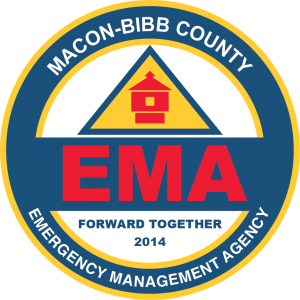Chemical Emergency
Chemicals are a natural and important part of our environment that we typically use every day. Under certain conditions, chemicals agents, such as poisonous vapors or aerosols, can also be poisonous or have a harmful effect on your health. Some chemicals that are safe, and even helpful in small amounts, can be harmful in larger quantities.
There are three ways that you can be exposed to a chemical:
- Breathing the chemical
- Swallowing contaminated food, water, or medication
- Touching the chemical, or coming in contact with clothing or things that have touched the chemical
Chemicals are found everywhere – in our kitchens, medicine cabinets, basements, and garages. Home chemical accidents can result from trying to improve the way a product works by adding one substance to another, not following directions for use of a product, or by improper storage or disposal of a chemical. There are many precautions that can be used to avoid many chemical emergencies.
- Avoid mixing chemicals, even common household products. Such combinations, such as ammonia and bleach can create toxic gases.
- Always read and follow the directions when using a new product. Some products should not be used in small, confined spaces to avoid inhaling dangerous vapors. Other products should not be used without gloves and eye protection to help prevent the chemical from touching your body.
- Store chemical products properly. All chemical products should be stored tightly closed in their original containers. If possible, buy only as much as you need to prevent leftovers. If you have product left over, try to give it to someone who will use it.
- Beware of fire. Don’t use hair spray, chemical solutions, paint products, or pesticides near the open flame of an appliance, pilot light, lighted candle, fireplace, etc. Although you may not be able to see or smell them, vapor particles in the air could catch fire or explode.
- Clean up any spills immediately with rags, being careful to protect your eyes and skin. Allow the fumes in the rags to evaporate in a safe place, then wrap them in newspaper and place the bundle in a sealed plastic bag. Dispose of these materials with your trash.
- Dispose of unused chemicals properly. Improper disposal can result in harm to yourself or family, accidentally contaminate local water supply, or harm wildlife.
Many household chemicals can be taken to your local hazardous waste collection facility. Many facilities accept pesticides, fertilizers, household cleaners, oil-based paints, drain and pool cleaners, antifreeze, and brake fluid. Call the facility if you have any questions about the proper disposal of a chemical.

